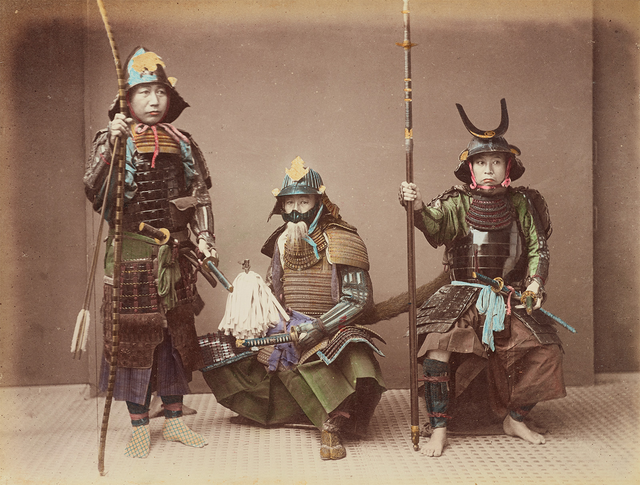”Bushido: The Samurai Code of Japan” by Nitobe Inazo is a literary masterpiece that transcends time, providing profound insights into the essence of the samurai’s way of life. First published in 1900, this book has endured for over a century, captivating readers with its wisdom, honor, and virtue. It serves not only as a historical document but also as a timeless guide to the values that define the spirit of Japan.
In a world where the relentless pace of modern life often obscures our moral compass, ”Bushido” emerges as a beacon of enlightenment. Nitobe Inazo, a Japanese scholar and diplomat, offers an eloquent exploration of the code that governed the conduct of the samurai, Japan’s legendary warrior class. With exquisite prose and a deep understanding of his native Japanese culture, Nitobe weaves a narrative that resonates with readers across cultures and generations.
The Essence of Bushido
At the heart of ”Bushido” lies the exploration of virtues that define the samurai and, by extension, Japan itself. Nitobe’s profound exploration of these virtues offers a roadmap for personal growth and moral development. He emphasizes values such as honor, integrity, loyalty, and self-discipline, all of which are as relevant today as they were in feudal Japan.
One of the central tenets of Bushido is the concept of ’Rectitude’ or ’Gi.’ It emphasizes the importance of doing what is right, regardless of the circumstances. Nitobe writes, ”Rectitude is the bone that gives firmness and stature. Without bones, the head cannot rest on top of the spine, nor hands move nor feet stand.”
Another cornerstone of Bushido is ’Loyalty’ or ’Chugi.’ The unwavering allegiance of the samurai to their lord is a testament to the value of loyalty. Nitobe beautifully articulates this principle, stating, ”Loyalty to a superior was the most distinctive virtue of the feudal era.”
The book also delves into ’Self-Control’ or ’Jisei.’ It underscores the importance of mastering one’s emotions and desires. Nitobe notes, ”The man who cannot endure to have his errors and shortcomings brought to the surface and made known, but tries to hide them, is unfit to walk the highway of moral progress.”
A Bridge Between Cultures
What makes ”Bushido” truly remarkable is its ability to bridge cultural gaps. Nitobe, fluent in both Japanese and Western traditions, presents the principles of Bushido in a manner that resonates with readers from diverse backgrounds. He invites us to contemplate the universal values embedded within the samurai code.
In a world marked by multiculturalism and globalization, ”Bushido” serves as a testament to the shared human experience. Nitobe’s eloquent prose invites us to reflect on our own values and ethics, encouraging us to cultivate the virtues that transcend borders.
Timeless Wisdom for Modern Life
The enduring appeal of ”Bushido” lies in its applicability to contemporary life. Despite being rooted in a bygone era, the wisdom it imparts is eminently relevant today.
In an age where moral relativism often blurs the lines between right and wrong, ”Bushido” provides clarity. It reminds us of the timeless importance of integrity, honor, and personal responsibility.
Moreover, ”Bushido” serves as a guide for leadership. Its lessons in self-discipline, humility, and the pursuit of excellence are invaluable for anyone in positions of authority or influence.
In ”Bushido: The Samurai Code of Japan,” Nitobe Inazo has bestowed upon the world a timeless treasure. This book transcends the boundaries of culture and time, offering profound insights into the essence of human virtue. It is a testament to the enduring power of honor, integrity, and self-discipline.
To read ”Bushido” is to embark on a journey of self-discovery and moral reflection. It challenges us to embrace the virtues that define the samurai code and, by extension, the very core of our humanity.
Nitobe Inazo’s magnum opus continues to inspire and guide generations of readers worldwide. It beckons us to strive for excellence, to honor our commitments, and to uphold the highest standards of moral conduct. In a world that often appears adrift in a sea of moral ambiguity, ”Bushido” stands as a lighthouse, illuminating the path to a life of honor and virtue.
Lyssna på det senaste avsnittet av Fighterpodden!

Kommentarer